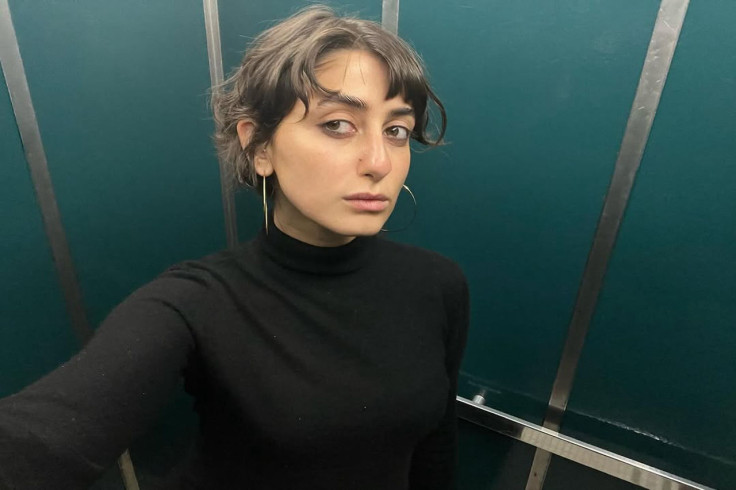
Zohran Mamdani's wife, Rama Duwaji, is a 28-year-old Syrian-American illustrator, animator, and ceramist whose low-profile presence and politically conscious art have quietly shaped parts of her husband's campaign. She is now thrust into the public eye as New York City's incoming First Lady.
She met Mamdani on a dating app, married in a private civil ceremony earlier this year, and has deliberately kept much of her work and life centred on art, diaspora identity, and activist themes rather than partisan spectacle. As Mamdani assumes office on 01 January 2026, Duwaji's aesthetic and politics, and her choice to remain private, have become a story in their own right, combining human drama with questions about the role of a mayoral spouse in a fractious political moment.
Who is Rama Duwaji?
Duwaji is an artist whose practice spans digital illustration, animation, and ceramics. Born in the United States to Syrian parents and raised partly in Dubai, she trained at Virginia Commonwealth University and later completed a Master of Fine Arts at the School of Visual Arts in New York; her résumé includes commissions and placements in major outlets and cultural institutions.
Duwaji's online portfolio and professional credits list work for The New Yorker and The Washington Post, among others, and she has worked in residencies abroad before moving to New York in 2021.
Her art often addresses personal and geopolitical themes. In recent years she produced pieces engaging with the humanitarian crises in Gaza and Syria, and has used visual language that allies aesthetic practice with political solidarity, a stance that has at times invited fierce scrutiny from online critics and conservative commentators.
That public attention, however, sits alongside a deliberate strategy of remaining 'on her own terms', she has largely avoided playing a standard political spouse role, preferring instead to let her work and occasional social posts speak for her.
Art, Activism and the Private Life
Duwaji and Mamdani first connected on the dating app Hinge; Mamdani has publicly recounted the story and celebrated her privately on social media. The couple marked their engagement with a celebration in Dubai, Duwaji's family home, and later completed a civil marriage at New York City Hall, a detail Mamdani shared on Instagram describing the Clerk's office as 'public goods personified'.
Her decision to stay behind the scenes during the mayoral campaign was tactical as well as personal. Reporters and profiles show she contributed to visual identity and creative work for Mamdani's digital presence, yet shunned a front-facing campaign role; friends and colleagues describe her as earnest about craft and reluctant to become a political prop.
The trade-off has not insulated her from attacks as right-wing social media users and tabloids have scrutinised her past artwork and the Dubai celebration, attempting to cast both as politically provocative or extravagant. Those criticisms prompted a measured response from Mamdani defending his wife's dignity and right to privacy.
Public Role and the Political Spotlight
With Mamdani's victory, Duwaji will move into an even brighter spotlight, though early signs suggest she will continue to calibrate her public visibility. She accompanied Mamdani onstage on election night and has posted brief, private acknowledgements of pride and support rather than extended political manifestoes.

Her fashion choices at public moments, notably an outfit by Palestinian-Jordanian designer Zeid Hijazi at a recent event, have been read as subtle political signalling, consistent with an artist who uses appearance and image to communicate.
Rama Duwaji's emergence is at once personal and political, an artist who prefers process over podiums, suddenly become the face people want to know more about. How she balances artistic autonomy with the ceremonial expectations of public life will shape not only her own narrative but also how New Yorkers imagine the private lives of those who govern them.







